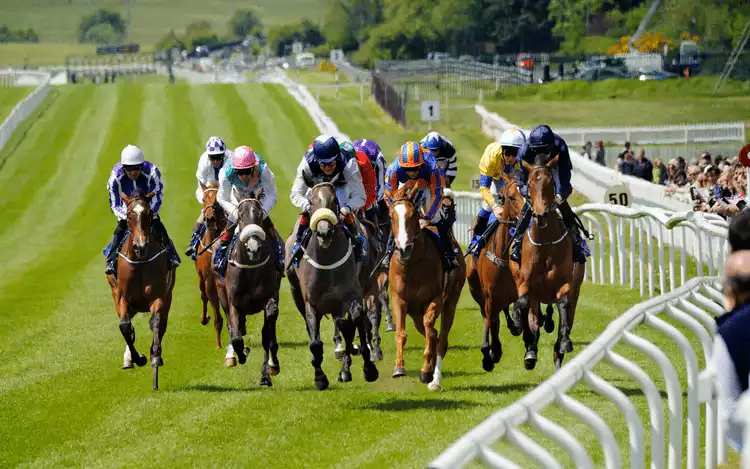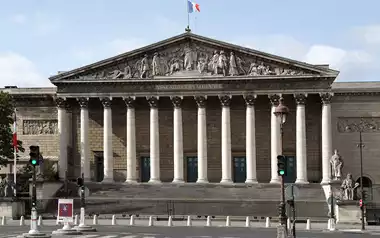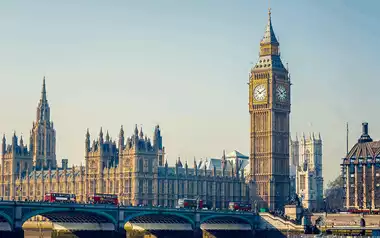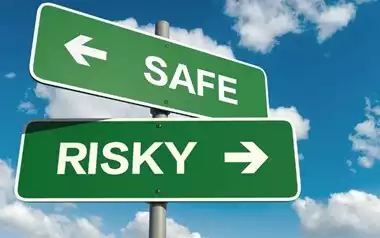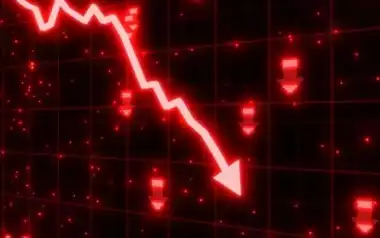Increased Tax Rates
On Wednesday, 10 September, British horse racing will stage an unprecedented one-day strike. It involves cancelling all four scheduled race meetings in Carlisle, Uttoxeter, Lingfield Park, and Kempton Park. The strike, led by the British Horseracing Authority (BHA) and racecourse owners, is a protest against the UK Treasury’s proposal to reform the gambling tax. The BHA argues the reform could inflict long-term financial damage.
The proposal under review could increase the tax rate on horse racing betting from the current 15% to 21%. It would raise the duty on sports betting and horse racing betting to the same level as online casino and slot games under the Remote Betting and Gaming Duty. The BHA has warned that such a change would significantly reduce horse racing income and jeopardise thousands of jobs across the sector.
According to research commissioned by the BHA, a 21% tax could reduce annual funding to British racing by £66 million. The racing industry in the UK enjoys direct revenues of over £1.47 billion; losing £66 million a year would make the annual value £1.41 billion.
If the rate were to increase further to between 25% and 40%, potential losses could reach between £97 million and £160 million. This would reduce revenues to £1.31 billion a year. The racing industry says it cannot absorb these losses without widespread consequences, which would hold people’s jobs hostage.
Blow for the Economy
The BHA states that British horseracing contributes around £4.1 billion to the economy each year and supports 85,000 jobs nationwide. The upcoming strike is estimated to cost the sport £200,000 in lost income. Officials say the protest is necessary to highlight the potential long-term harm of the proposed tax changes.
The strike will occur one day before the start of the Betfred St Leger Festival at Doncaster, one of the UK’s most prestigious racing events. The festival will go ahead, but the timing of the strike is intended to maximise visibility and impact.
Jim Mullen, CEO of the Jockey Club, said that the racing community hopes the government reflects on the harm the tax will cause. Martin Cruddace, CEO of Arena Racing Company, added that being taxed at a different, presumably lower, rate is imperative for the future of horse racing.
Counter-Arguments
The Betting and Gaming Council (BGC) has criticised the coordinated move. The BGC, which represents 90% of the UK betting and iGaming industr,y described the strike as a futile political gesture that will only antagonise the government. They are also wary that there’s a risk of driving customers to the unregulated market.
The BGC claims the 90% they represent contributes £6.8 billion to the UK economy and generates £4 billion in tax, providing £350 million to racing annually.
It is clear that as 10 September approaches, both sides of the debate are solidifying their positions. The government is yet to confirm whether it will proceed with the proposed tax changes. The strike, representing a rare moment of unity within British racing, will go ahead as the industry hopes to send a clear message to Westminster.
